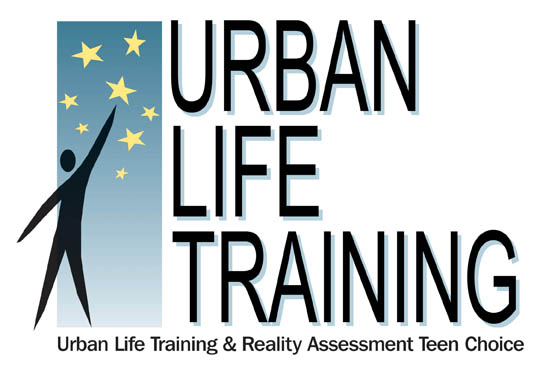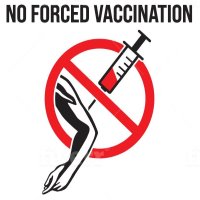


Local
Abstinence Proponents Want Say in HPV Vote
|
(Ultra Teen Choice)
Richard Urban, co-founder of Ultra Teen Choice, gestures in a training class with teens. Urban believes the City is sending the wrong message by offering to give vaccines to teens to prevent the spread of the HPV virus. Jonetta Rose Barras, The Examiner Co-introduced with Ward 3’s Mary Cheh, the HPV bill requires Mayor Adrian Fenty to establish a mandatory three-step immunization program of Merck’s Gardasil for any girl entering sixth grade for the first time. He also must provide a process for parents to opt out and must ensure the annual collection and analyses of data by the Department of Health. Good luck with the latter. The health department can’t accurately count the number of people infected with HIV, doesn’t know specifically how the virus is being transmitted in the District, hasn’t conducted required inspections of hospitals and hasn’t developed a citywide health care strategy. That abysmal record, concerns about Gardasil and the country’s sordid history of medical experiments using poor, undereducated people, including black men in Tuskegee, Ala., drive public opposition to the measure. Vanessa Dixon, spokeswoman for Parents and Citizens Against Medical Experimentation, says the council is rushing the process and hasn’t provided for sufficient input from parents and others. She wants Catania to schedule additional hearings in the evenings or on weekends before his committee votes. Richard Urban, co-founder with his wife, Stacey, of Ultra Teen Choice, an abstinence training and support program for youth, believes the wrong message is being sent. “Focusing on giving vaccines for sexually transmitted diseases to 11-year-old girls is the wrong focus. Focusing on education and peer plus adult support for youth to [practice abstinence] is the right focus,” Urban says. Since 1997, he has used college students as mentors and youth peers to provide HIV/AIDS education and lead abstinence clubs in public schools. The CDC’s 2005 National Youth Risk Behavior Survey of 14,000 youth found a significant drop in those involved in sexual activity. Urban and others partially credit abstinence programs. This Saturday, an array of nonprofit groups, including the National Organization of Concerned Black Men, East Capitol Center for Change and the D.C. Healthy Marriage and Relationships Coalition will join Urban at the Thurgood Marshall Center on 12th Street Northwest to kick off Abstinence Awareness Week as declared by the mayor. Ward 5 Council Member Harry Thomas Jr. is on the program; I am moderating a panel. Dixon and Urban may be unable to prevent passage of the HPV legislation; the CDC’s endorsement empowers the legislature. But nothing prohibits Catania and vaccination proponents from including abstinence education as a component of the immunization regimen. It is hard to deny this salient fact: The most effective safeguard — better than 1 million condoms — against a sexually transmitted disease is not engaging in sex. Jonetta Rose Barras is the political analyst for WAMU radio’s D.C. “Politics Hour with Kojo and Jonetta.” |



